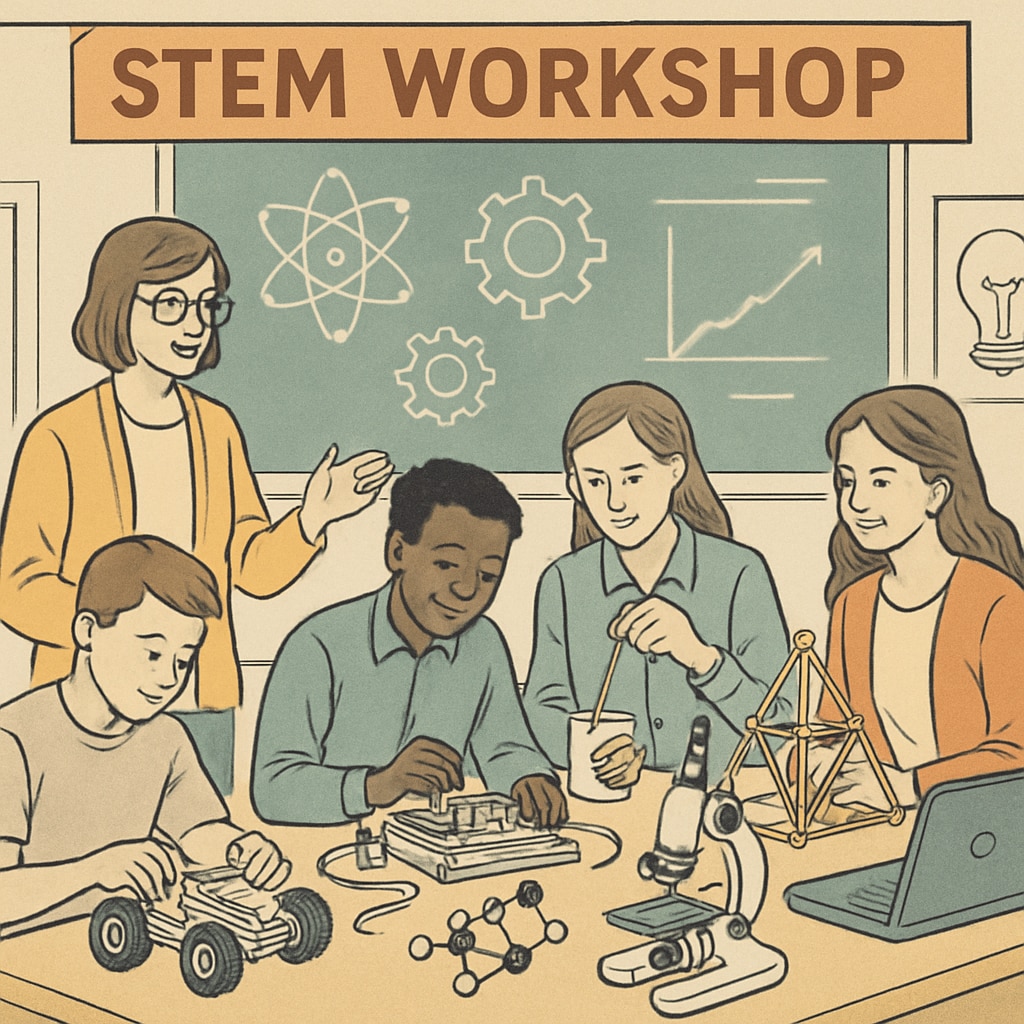The University of California system stands as a beacon of educational excellence, offering a wealth of resources and expertise to address critical issues in K12 education. By fostering collaboration between university employees, educators, and local communities, the UC system helps bridge gaps in academic equity, providing tools and support to enhance student success. This article delves into the ways California universities contribute to K12 education, highlighting practical examples and the benefits of such partnerships.
How Universities Can Support K12 Education
California universities, including the University of California system, play a pivotal role in supporting K12 education through research, outreach programs, and community engagement. University employees, ranging from faculty members to administrative staff, work closely with local schools to identify challenges and develop solutions tailored to student needs. For example, initiatives like STEM workshops and teacher training programs help educators incorporate cutting-edge methods into their classrooms.
Moreover, universities often provide access to their facilities, such as libraries and laboratories, enabling K12 educators and students to explore advanced learning opportunities. As a result, universities serve as hubs for innovation, fostering educational growth across all grade levels.

Real-World Collaboration: University and K12 Partnership Examples
One standout example of collaboration is the partnership between the University of California, Berkeley and local K12 schools through its Lawrence Hall of Science. This initiative offers interactive science exhibits, teacher resources, and student workshops, encouraging curiosity and critical thinking in young learners. Additionally, UC Los Angeles has established mentorship programs where university students guide high school juniors and seniors through college application processes, helping them navigate the complexities of higher education.
Such programs not only enhance academic engagement but also contribute to social and emotional learning, as students gain confidence in their abilities and pursue long-term goals.

Promoting Equity Through University Support
Addressing educational inequities is a key focus of California universities. Historically underrepresented communities often face limited access to quality education resources, creating barriers to academic achievement. To combat this, universities offer targeted initiatives such as scholarships, summer learning programs, and outreach efforts to empower students from disadvantaged backgrounds.
For instance, the UC Riverside “Rising Scholars” program provides tutoring and mentorship to first-generation college-bound students, ensuring they have the tools and confidence to succeed. Similarly, university employees contribute to crafting inclusive curricula that reflect diverse perspectives and experiences, enriching the learning environment for K12 students.
Why Collaboration Matters
The synergy between universities and K12 education systems is vital for fostering innovation and equity. By leveraging university resources, schools can access advanced technologies, expert knowledge, and enriched learning experiences that would otherwise be unavailable. Moreover, this collaboration strengthens community ties, creating a network of support that benefits students, educators, and families alike.
As a result, initiatives led by university employees ensure that K12 students not only excel academically but also develop essential life skills, laying the foundation for future success.
Readability guidance: The article employs short paragraphs, active voice, and accessible language to ensure clarity. Lists summarize key points where appropriate, and over 30% of sentences include transition words to facilitate smooth reading.


